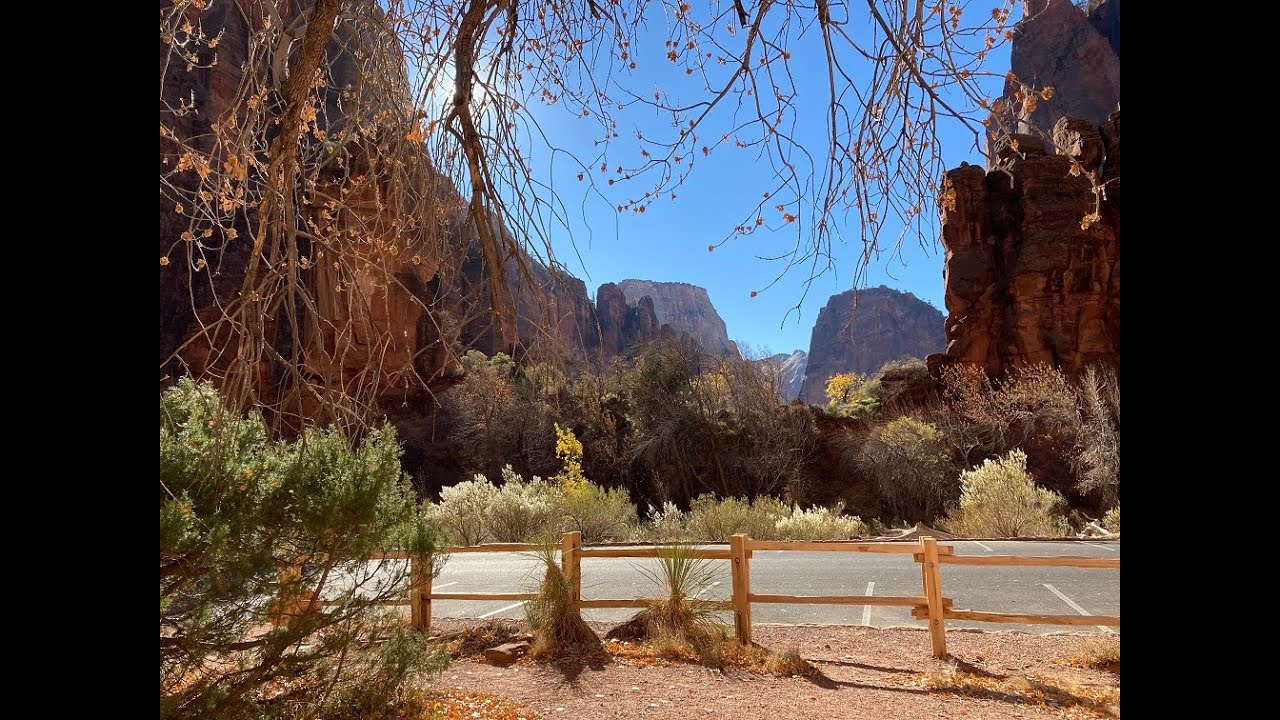Origins of Evolutionary Geology
Guests: Doug Sharp and Rich Geer
Description:
Biblical scholars for most of the time after the crucifixion, death, burial and resurrection of Jesus Christ have operated on thetimeline that shows the history of the world from Adam to Christ. Depending upon whether you use the Septuagint or Masoretic texts, this places the date of creation at 5326 BC or 4004 BC. This timeline began to come under an indirect attack during the time of the Renaissance followed by the Enlightenment. There was an increasing resistance to the monarchies in Europe and their use of the church to oppress people. One can argue that the politics of the time were not a proper reflection of the practical application of Biblical principles to government. For that reason, it became fashionable for prominent individuals to question the authority of the Bible and the divine right of kings to rule. Many of the leaders of the American and French revolutions were deists who believed in a god of a distant past who set things in motion but left it alone.
English geologist William Smith, Scottish geologist James Hutton and later Charles Lyell, wrote volumes about the geology of the world and popularized a doctrine called “uniformitarianism”. They believed that the geological strata represented accumulation of sediments over eons of time and that the key to understanding the past were found by examining the processes we observed in the present. In doing so, these geologists gave an air of respectability to the idea that the timeline in the Bible isn’t true, therefore the authority of the Bible is in question, and subsequently, the divine right for kings to rule.
Lyell saw himself as “the spiritual savior of geology”, disputing the catastrophe of the great flood of Noah. It was Lyell’s work that persuaded Charles Darwin to consider the theory of evolution when he read it aboard the Beagle. Lyell and Darwin are buried near each other in Westminster Abbey and ironically it symbolizes the fact that their philosophies became part of the foundation of the church.
Lyell was a British lawyer and geologist. He published Principles of Geology in a three volume work, explaining his ideas of uniformitarianism, mapping out an old earth with geologic ages. He believed that the present is the key to the past and that the slow and gradual processes observed today are the same processes that shaped our planet’s geology over millions of years.
Lyell didn’t believe the Bible as God’s Word. He rejected it as an accurate account of earth’s history. He actually wrote that he wanted to “free the science of geology from Moses”. Lyell was probably best described as a deist. He believed in a distant God who did not intervene in the Universe. Without a God, everything had to be explained naturally, and uniformitarianism gave Lyell a way to explain the world’s geology without appealing to God or His revelation to us in the Bible. Church leaders, rather than question these ideas, came up with the day-age theory and gap theories where they attempted to incorporate long ages into the Biblical timeline. My great-great grandfather’s Willson’s Fifth Reader, published in 1861, describes both theories as possible explanations for the geological ages introduced by Lyell.
Modern creationist flood models refute Lyell’s geology, making unnecessary compromise with long ages and resurrect the credibility of the much younger timeline of the Bible.

